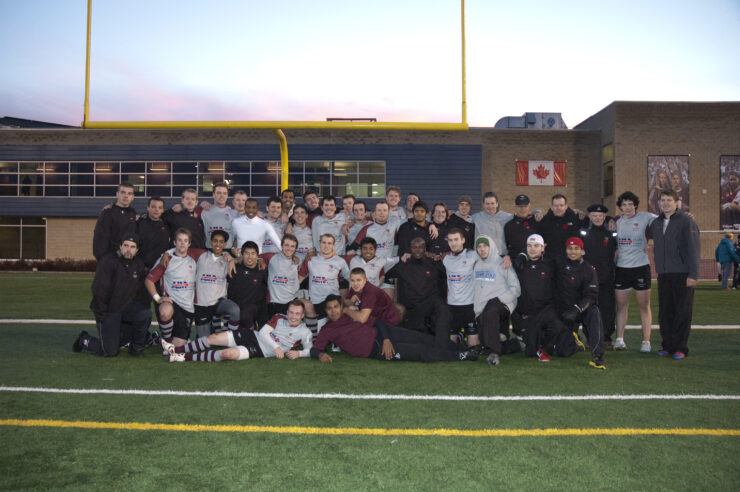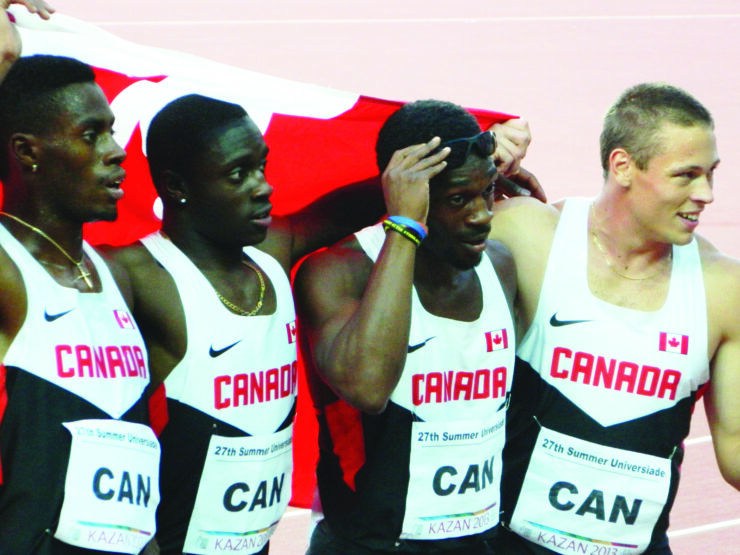Don’t haze the player
Maclaine Chadwick | Fulcrum Staff
Earlier this month, the Dalhousie University women’s hockey team was forced to forfeit the rest of the regular playing season due to a hazing incident that occurred at a rookie party early in the school year. Hazing, or “subjecting to harassment or ridicule,” whether reported or not, occurs on college and university sports teams everywhere.
The issue here is not that initiations of all kinds should be eradicated. The issue is the subjectivity; there is no clear guideline for what constitutes hazing, which can sometimes be a synonym for bullying when it occurs during rookie initiations. In Dalhousie’s situation, university administration would only state that the hazing occured at a party and involved binge drinking and humiliation—two things that commonly occur at university parties across the country.
I’m not trying to dismiss what happened, especially since the details are unclear—what occurred at this party may very well have been terrible. One Dalhousie hockey player stepped forward, breaking a confidentiality agreement signed by team members in October, and explained that rookies had been told to wear blazers and boxers to the party, slick their hair back with Vaseline, and answer questions about who they thought was the prettiest girl on the team. This may sound tame, but remember that it is only one non-rookie player’s perspective—a player who signed a contract promising she wouldn’t say a word.
Sports teams do not have the monopoly on initiation events: sororities and fraternities have rush week and even universities participate to a certain extent—101 week, although well regulated, could be considered a ritualistic way of bonding between newcomers and older students. So where do we draw the line between harmless fun and hazing? Is it when alcohol is added to the picture or is it when someone is made to feel uncomfortable? Is it when someone is physically harmed?
It’s unfortunate that the entire Dalhousie team paid the price for what was likely the brainchild of a few team ringleaders. Though the team’s rookies were not formally suspended, they will still lose out on the rest of the playing season and the team atmosphere they worked to achieve. Hopefully other teams at Dalhousie and across Canada will learn from this incident and dial back the initiation parties a little. It isn’t reasonable for officials to attempt to stop them completely, but for players to see the consequences is a good start.





